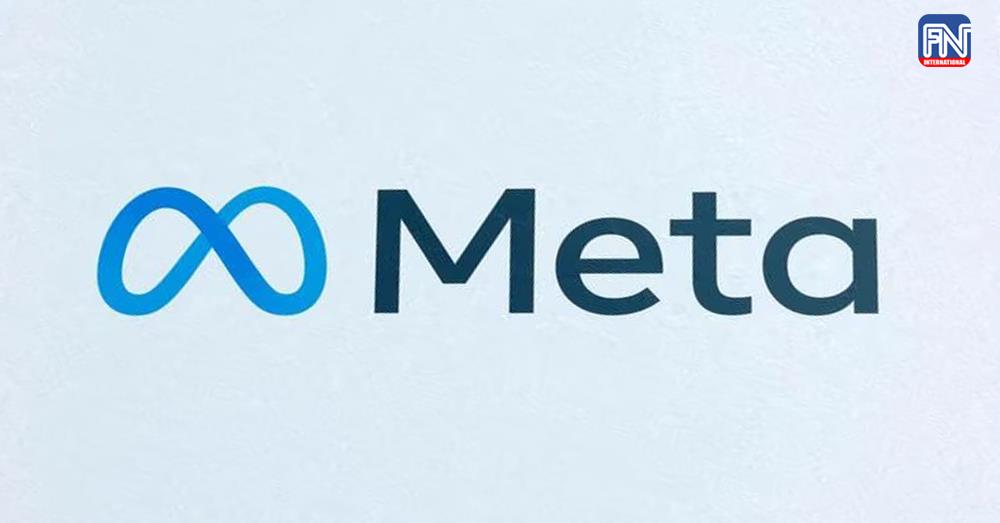MENLO PARK, March 14 (Reuters) - Facebook-parent Meta Platforms (META.O) said on Tuesday it would cut 10,000 jobs this year, making it the first Big Tech company to announce a second round of mass layoffs as the industry braces for a deep economic downturn.
Meta shares jumped 6% on the news. The widely-anticipated job cuts are part of a restructuring that will see the company scrap hiring plans for 5,000 openings, kill off lower-priority projects and "flatten" layers of middle management.
They followed the company's first mass layoff in the fall, which eliminated more than 11,000 jobs, or 13% of its workforce at the time, after a hiring spree that doubled the employee count it had as of 2020.
Worries of an economic downturn due to rising interest rates have sparked a series of mass job cuts across corporate America in recent months. Tech companies have led the way, shedding more than 290,000 workers since the start of 2022, according to tracking site Layoffs.fyi.
Meta's purge of employees has been one of the sector's most pronounced. On top of inflation woes, the company is also facing down unique threats to its core digital ads business while spending handsomely on Chief Executive Mark Zuckerberg's plans to build a futuristic metaverse.
In a message to staff on Tuesday, Zuckerberg said most of the new cuts would be announced in the next two months, though in some cases they would continue through the end of the year.
"For most of our history, we saw rapid revenue growth year after year and had the resources to invest in many new products. But last year was a humbling wake-up call," Zuckerberg wrote.
"I think we should prepare ourselves for the possibility that this new economic reality will continue for many years."
Zuckerberg said he planned to further reduce the size of the recruiting team, which was already hard-hit in the fall layoffs. Restructurings in the tech group would be announced in late April and cuts to business groups would come in May.
Meta also will remove multiple layers of management and ask many managers to become individual contributors, while eliminating non-engineering roles, automating more functions and at least partially reversing a commitment to "remote-first" work that Zuckerberg made amid COVID-19 pandemic lockdowns.





